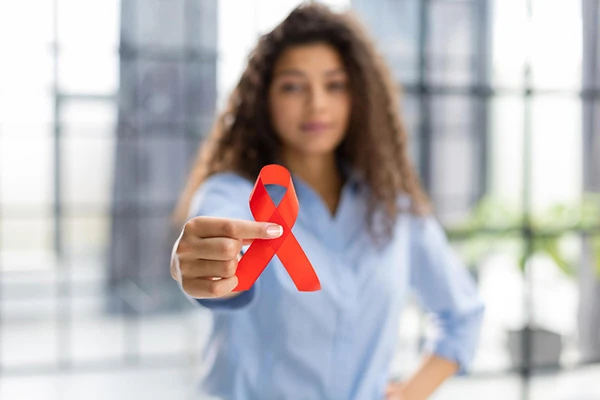
HIV Detection and Counselling
HIV testing and counselling (HTC) services have helped millions of people learn their HIV status and for those testing positive, learn about options for long term care and treatment. In 2012, WHO estimated that 118 million people in 124 low- and middle-income countries received HIV testing and counselling in the past 12 months and learned their test result
The development and use of rapid, point-of-care HIV tests in the late 1990s have facilitated expansion of HIV testing services. These rapid tests can be performed with a finger-prick blood sample collected and processed by a trained community worker and can be conducted outside of health facilities and traditional testing sites. Use of more than one rapid test can provide immediate, on-site confirmation of test results.
Innovative and creative approaches to service delivery have been implemented in numerous countries, including testing in the home, mobile and outreach testing in the community, “moonlight” testing during evening hours in high-risk settings, and in schools, workplaces, religious facilities, and transport hubs.
Recognizing the importance of disclosure to family members and sexual partners, many countries have also introduced “couples testing and counselling” where couples can learn their results together, with the assistance of a trained counsellor or health worker. Sharing serostatus allows couples to plan, make important life decisions, including making HIV prevention choices, and to seek care and support together. Services targeting other groups have also been introduced, including for adolescents and people from key populations, such as services for sex workers, injecting drug users, and men who have sex with men and transgender people. It is imperative that these services are provided within a context of respect, non-discrimination, and protection of privacy and confidentiality.
